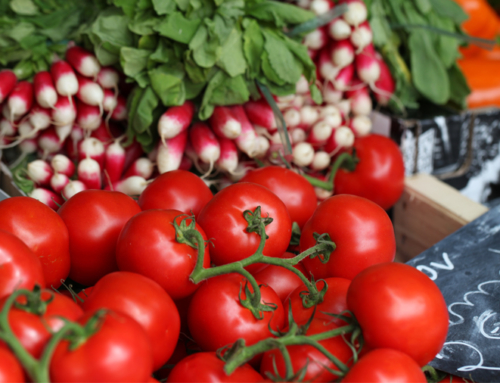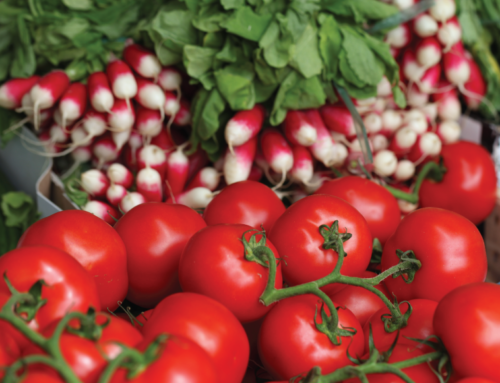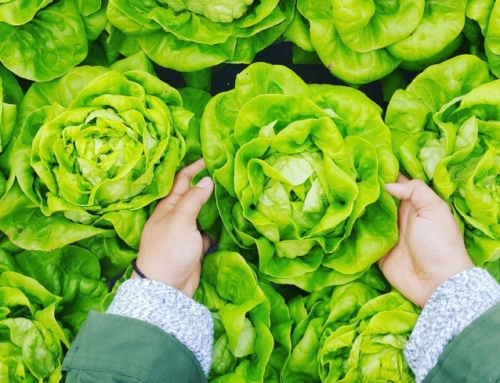For those in the agricultural industry, the Perishable Agricultural Commodities Act, or PACA, is a well-known piece of legislation that affects the sale of goods. For those that sell produce or other perishable goods, it’s a protective piece of legislation and can greatly increase the chances of getting paid – having a positive outcome on cash flow. However, this does add extra steps to the accounts receivable process in order to keep the PACA accounts organized and ensure that every PACA qualifying account is paid on immediately.
THE HISTORY OF PACA
The Perishable Agricultural Commodities Act was created in 1930 during the depression era. It was created to protect farming companies and agricultural institutions from being taken advantage of by other companies who often paid them last for their goods, behind banks and capital equipment suppliers.
This act specifically impacts those who sell unprocessed fruits and vegetables. For example, a grower of cucumbers falls under PACA but a supplier of pickles would not. Those who borrower a line of credit from these growers and suppliers usually consist of restaurants or grocery stores. Once the borrower has sold the unprocessed produce, they are required to immediately pay back the supplier. The act specifically wanted to address borrowers who were using the proceeds of their produce to pay their non-produce related expenses, rather than pay back the money owed to farmers and suppliers.
HOW PACA WORKS
PACA works as a trust between the produce seller and the produce borrower. This gives the unprocessed fruit and vegetable supplier greater authority than other creditors working with the borrower. There are four key elements to a trust: a trustee, trust assets, trust beneficiaries and a trust purpose. The purpose of the trusts that are established by PACA are to protect the unpaid produce sellers. The trustee is the product borrower and the trust assets are the borrowers purchased produce, products they have made from the produce and the expected proceeds from their sales. The trust beneficiaries are all the produce sellers who have yet to collect on their line of credit extended to the produce borrower.
HOW DOES PACA AFFECT CASH FLOW?
Obviously, PACA helps tremendously when it comes to recovering unpaid accounts receivable if you are a supplier of unprocessed produce. If a produce borrower doesn’t make payment in time, a lien will be placed against their trust and they will be subjected to interest and attorney fees. Most produce borrowers don’t want to be placed in this situation, so they will do their best to make payment on time.
However, this isn’t always the case. For this reason, it’s extremely important that a produce seller’s accounts that are affected by PACA are grouped together. All of the PACA accounts should be marked as such on the invoice. The invoice should also include a clearly marked due date, usually within thirty days of the produce sale. By employing these tactics, you can make your customers aware of their expectations within the PACA statutes.




